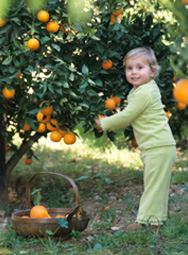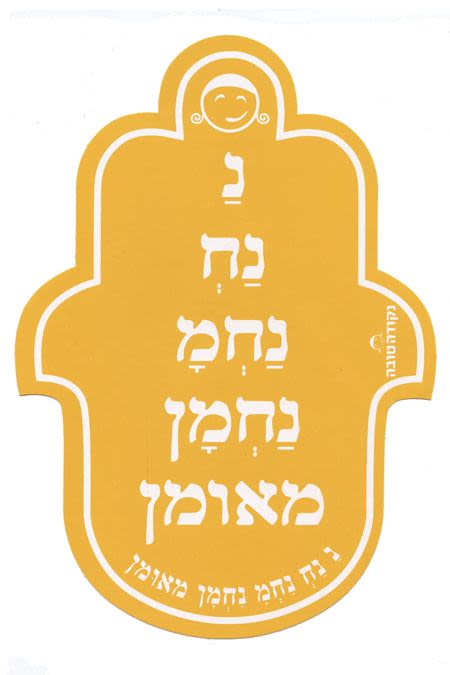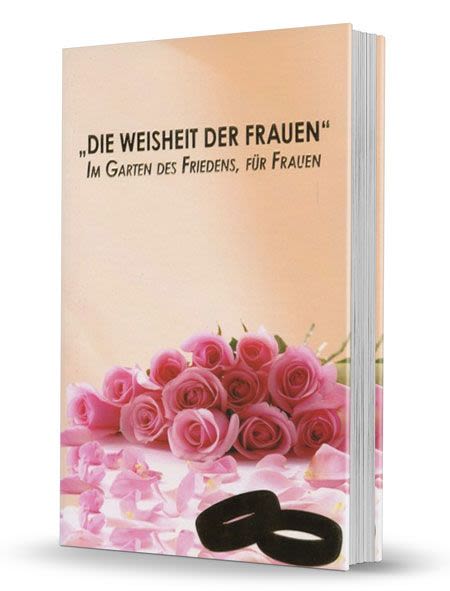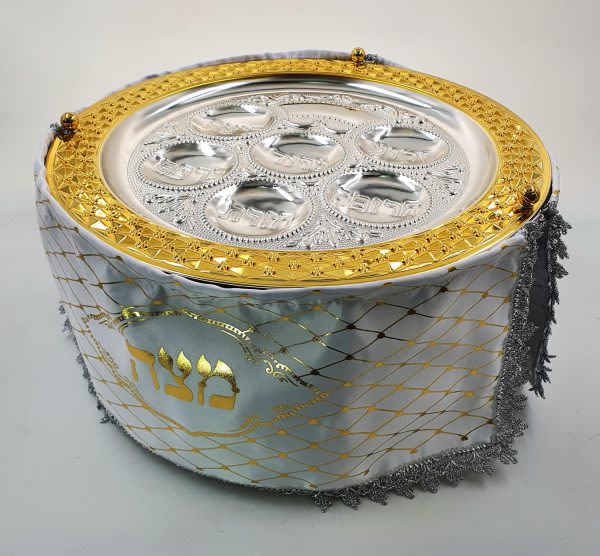
Tazria: Fruits of Love
The Ramban explains that eating forbidden foods can influence the embryo negatively and cause the baby to be born without spiritual sensitivity…

Parshat Tazria
HOLY UNION
 The previous parashah concluded with the mitzvah that Israel sanctify themselves: “For I am Hashem your G-d; you shall therefore sanctify yourselves, for I am holy” (Vayikra 11:44). Parashat Tazria opens with the laws of purification after birth: “If a woman has conceived seed, and given birth to a male…” (Vayikra 12:2) Ba’al Haturim explains that the Torah juxtaposes the description of the woman who has conceived with the command to be holy in order to teach that one must sanctify oneself at the time of intimate relations. In Judaism, marital relations can be one of the holiest acts a person ever performs. Through marital relations, one becomes a partner in creation. Even when no physical children are conceived, the holy union between husband and wife causes souls to be brought down from Heaven. These souls later enter the bodies of converts as the midrash explains when referring to: “the souls which they [Avraham and Sarah] had made in Charan” (Midrash Rabah 84:4 on Bereishit 12:5).
The previous parashah concluded with the mitzvah that Israel sanctify themselves: “For I am Hashem your G-d; you shall therefore sanctify yourselves, for I am holy” (Vayikra 11:44). Parashat Tazria opens with the laws of purification after birth: “If a woman has conceived seed, and given birth to a male…” (Vayikra 12:2) Ba’al Haturim explains that the Torah juxtaposes the description of the woman who has conceived with the command to be holy in order to teach that one must sanctify oneself at the time of intimate relations. In Judaism, marital relations can be one of the holiest acts a person ever performs. Through marital relations, one becomes a partner in creation. Even when no physical children are conceived, the holy union between husband and wife causes souls to be brought down from Heaven. These souls later enter the bodies of converts as the midrash explains when referring to: “the souls which they [Avraham and Sarah] had made in Charan” (Midrash Rabah 84:4 on Bereishit 12:5). THE FRUIT OF THEIR AFFECTION
Why is the verse describing the woman who conceives juxtaposed with the section about prohibited foods? Ramban explains in Igeret HaKodesh that eating forbidden foods can influence the embryo negatively and cause the baby to be born without spiritual sensitivity. Just as food is a factor, imagination and thought also influence the embryo. When husband and wife unite with thoughts of love, the Shechina rests between them, and their child becomes the fruit of their pure desires and affection. This principle can be understood in light of our current medical knowledge. A pregnant woman is instructed to avoid x-rays, especially during the first trimester of pregnancy. The reason given is that while the fetus is forming its initial features it is most susceptible to outside influence. From this we can infer that at the time of conception the embryo is even more impressionable, and thus greatly influenced by the mental state of the parents.
THE IMAGE OF LOVE
Rabbi Yitzchak said in the name of Rabbi Ami, when a woman reaches climax first, she gives birth to a son. When a man gives seed first, she gives birth to a daughter, as it states, “If a woman has conceived seed, and gave birth to a male…” (Niddah 31a). It is difficult to understand how the sex of the child being born can depend on whether the man or the woman reached climax first during the act of intercourse. Sha’arei Aharon explains that a male child is conceived when the woman comes first because of her passion for her husband. All her thoughts center on her husband, and she visualizes his appearance and character in her heart. The power of this visualization causes her to give birth to a male similar to her husband. In the same way, Ya’acov Avinu (our father) carved patterns on the sticks which he placed before the flock while they were mating. As a result, they gave birth to offspring speckled and spotted like the patterns on the sticks (Bereishit 30:37-38). If animals are able to influence their offspring by means of mental visualization, how much more so can we expect this of human beings, whose mind is so much more developed?
TRANSMITTING DIVINE LIGHT
Ramban, in Igeret Hakodesh, emphasizes how G-d gave man the ability to create with the power of his thought. An example of this is found in the Talmud, “Rabbi Yochanan was accustomed to sit at the gates of the mikvah. He said, `when the daughters of Israel come up from bathing, they look at me and have children as handsome as I’” (Berachoth 20a). Ramban explains that when the image of the Holy Rabbi Yochanan is imprinted in the woman’s mind upon returning from her immersion prior to uniting with her husband, her thoughts will shape and beautify her child. This notion prompts the following questions: Why would Rabbi Yochanan care that women give birth to children as handsome as he? Moreover, how could it be permissible for a woman to think of Rabbi Yochanan while having relations with her husband? Understanding the secret of the power of thought will help us shed light on these questions. The masters of kabbalah explain that a person's thoughts derive from the highest part of his soul, drawn from the upper spheres. Thought has the power to rise up and draw down supernal light. A person who masters this ability glows from rays of Divine light. In this way, the early chassidim would cause the Divine Presence to dwell below. Holy thought, therefore, has the power to increase and bless things on earth. This is the secret of the oil cruise of Elisha and the jug of flour, which remained full (2 Kings, chapter 4). Rabbi Yochanan's beauty was not just physical; it was the manifestation of the Divine light which he brought down by causing his thoughts to cleave to the heavenly regions. Therefore, when a woman would look at his face, she was not just gazing at another man, but at the Divine presence, which he reflected. This vision would connect her so deeply to G-d that she could transmit Rabbi Yochanan’s holiness to the children she conceived.
EDUCATION STARTS WITH CONCEPTION
Modern psychology has established that a woman's thoughts during pregnancy influence her unborn child. For example, a woman anticipating the birth of her child with pleasure and happiness causes her baby to be born with a self-confident disposition. Our ancient Jewish tradition knew more than what modern research is just recently discovering. Not only do the feelings and thoughts of the mother during pregnancy influence her embryo; even at the time of conception her thoughts have power to shape her unborn child. “Before you were conceived in the womb, I knew you” (Yirmeya’hu 1:5). Since our thoughts during conception have such a great effect on the fetus, we must try to think only of holy and pure matters during intimate relations in order to draw down holy souls, for Jewish child education begins at the time of conception.
(Rebbetzin Chana Bracha Siegelbaum is Director of Midreshet B’erot Bat Ayin in Gush Etzion. This article is an excerpt from her book Women at the Crossroads: A Woman’s Perspective on the Weekly Torah Portion, reviewed by The Jerusalem Post, The Jewish Press, Voices Magazine, Good Reads, and WordPress/JewishPress and more. To order this book, click here)












Tell us what you think!
Thank you for your comment!
It will be published after approval by the Editor.